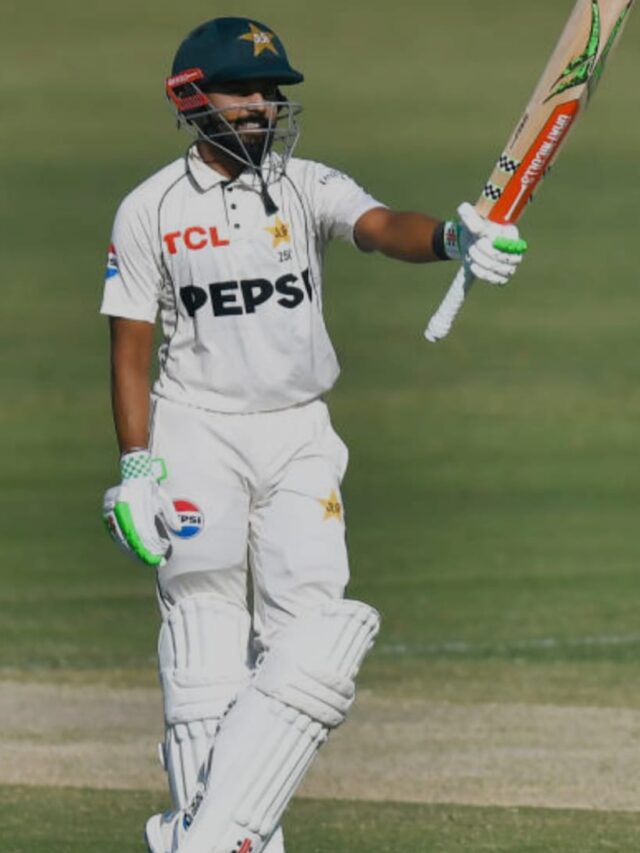BoycottSaiPallavi: Why the Actor’s Comments on Indian Army Sparked Outrage on Social Medi
1. Background: The Emergence of #BoycottSaiPallavi on Social Media
After South Indian actress Sai Pallavi’s remarks in a promotional interview that caaused controversy, the hashtag #BoycottSaiPallavi began trending। Pallavi, famous for her complex performances and socially conscious roles, was promoting her film Virata Parvam when she made widely debated statements about violence, communal conflicts, and the Indian Army। Many people expressed dissatisfaction with what they saw as an offensive comparison, and these comments quickly gained momentum on social media। Many viewers found Pallavi’s remarks disrespectful, especially with regard to the Indian Army’s role in Kashmir, even though they were intended to highlight the importance of peace and humanity।

2. Sai Pallavi’s Statement on Violence and Human Life
Pallavi talked about violence and religious conflicts in India from a humanitarian point of view during the interview। She condemned violence all over, stressing that all lives should be appreciated, regardless of religious or political affiliations। Pallavi implied that communal conflicts between Hindus and Muslims and other forms of violence should be viewed with equal condemnation, drawing comparisons between religiously motivated attacks and other forms of violence।
Her remarks were intended to draw attention to the fact that violence, whether in the name of religion or political animosity, leads to death, a tragic outcome that she believes should be universally condemned। Pallavi’s main message seemed to be that the value of human life should transcend religious, social, and political boundaries and that all forms of violence, regardless of their source, should be punished equally।
3. Her Controversial Remarks on the Indian Army

Pallavi’s statement regarding the Indian Army’s actions in Kashmir, which she compared to religious violence, ignited controversy। She said that military or communal groups’ violence should be treated similarly। Many listeners were quick to criticize the comparison, even though it appeared that her intention was to emphasize the importance of peace and the need to refrain from selective condemnation of violence।
Pallavi’s remarks were interpreted by some as comparing the actions of the Indian Army, which is present in Kashmir for national security purposes, to religious violence। Critics claimed that this comparison underestimated the efforts made by soldiers to maintain peace and security of the country। Her remarks were seen as an affront by those who support the Indian Army and respect its role in conflict areas like Kashmir, which led to the rapid spread of #BoycottSaiPallavi on social media।
4. Social Media Reaction: Outrage and the Rise of #BoycottSaiPallavi
The counterattack came quickly। Pallavi’s remarks were strongly opposed by social media users from a wide range of backgrounds, including nationalist groups and supporters of the Indian Army। Many people were furious about what they thought was insensitive about the army’s sacrifices, especially given the political and social issues surrounding the Indian Army’s operations in Kashmir। Pallavi’s remarks dismissed the military’s challenges in maintaining national security, as some saw communal violence as offensive।
As critics called for a boycott of SaiPallavi’s work and films, the hashtag #BoycottSaiPallavi began trending। Some social media users suggested that celebrities should avoid making political remarks without having a thorough understanding of the complexities involved, especially when it comes to sensitive topics like national security and religious conflicts। Others raised doubts about her intentions and said her comments could cause misunderstanding or disrespect toward the Indian Army।
5. Sai Pallavi’s Clarification and Apology
Sai Pallavi responded to the criticism by issuing a public statement to clarify her statements. She said that she did not intend to disrespect the Indian Army or hurt anybody’s feelings, and that her statements had been misinterpreted। She made it clear that, without equating the military with communal groups, her initial goal was to promote peace and denounce all forms of violence। She said she respected Indian soldiers and appreciated their sacrifices. She also reiterated her message of universal respect for human life and harmony।
Pallavi explained that her words had been misinterpreted in an effort to resolve the dispute and give context to her initial comments। She stated that she did not criticize any particular group or institution, but rather wanted to highlight the importance of non-violence and universal peace।

6. Conclusion: Public Statements by Celebrities on Sensitive Topics
The #BoycottSaiPallavi case shows how public figures can face harsh criticism and backlash for speaking about sensitive issues। Pallavi’s remarks were controversial because of the sensitive nature of topics related to national security and communal violence. However, they were likely made with a message of peace in mind। The episode emphasizes how important it is for celebrities to be careful when they talk about things like the role of the Indian Army and religious conflicts।
This controversy reminds us that public figures have big influence and what they say can have bad outcomes। Regardless of whether they are in favor or in opposition, the responses demonstrate how important it is to navigate public concerns carefully। Pallavi’s case is a good example of how celebrities should behave when addressing societal issues because public responses can vary greatly according to how messages are interpreted।


